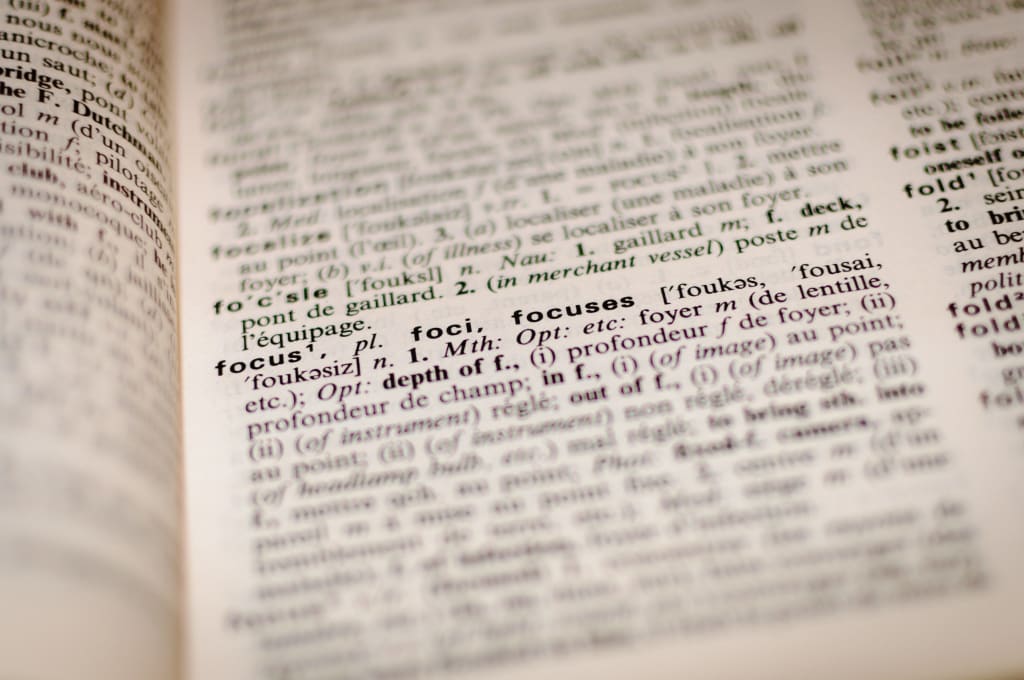Which Country Has The Best Writers?
The question of which country has the best writers is a difficult one to answer but...

The question of which country has the best writers is a difficult one to answer. There are many different factors to consider when discussing the quality of a country's literature, including the number of famous authors, the breadth and depth of their works, and the impact they have had on the literary world. There are also cultural and historical factors to consider, as different countries have different languages, traditions, and histories that influence their literature. In this essay, we will explore some of the key factors that influence the quality of a country's literature, and try to answer the question of which country has the best writers.
One important factor to consider when evaluating a country's literature is the number of famous authors they have produced. Countries like Russia, England, and France have produced many famous writers who are well known around the world, such as Leo Tolstoy, William Shakespeare, and Marcel Proust. These authors have become household names due to their iconic works, such as "War and Peace," "Hamlet," and "In Search of Lost Time." The popularity of these authors has helped to establish their country's literary reputation, as their works have been translated into many different languages and have been read by millions of people worldwide.
Another factor to consider when evaluating a country's literature is the breadth and depth of their works. Some countries, such as the United States and Spain, have produced a wide variety of literary genres, from poetry to drama to prose fiction. This diversity of literature reflects the richness and complexity of their national cultures, and helps to establish their literary reputations as well-rounded and multifaceted. Other countries, such as France and Japan, have a strong tradition of a single genre, such as the novel or the haiku. While this may limit the diversity of their literary output, it also allows them to develop a deep and profound understanding of a particular form of literature.
A third factor to consider when evaluating a country's literature is the impact that their writers have had on the literary world. For example, authors like James Joyce and Virginia Woolf have had a profound influence on modernist literature, while Franz Kafka and Samuel Beckett have helped to shape the literary movement of existentialism. The works of these authors have influenced not only their own national literatures, but the literatures of other countries and cultures as well. This impact has helped to solidify the literary reputation of their home countries and establish their writers as some of the best in the world.
A fourth factor to consider when evaluating a country's literature is the cultural and historical context in which their literature is produced. For example, countries like India and Nigeria have a long tradition of oral storytelling, which has helped to influence their literary style and themes. Other countries, such as Japan and China, have a strong tradition of philosophy and religion, which has helped to shape their literature's themes and perspectives. The political and social climate of a country can also influence its literature; for example, authors in the former Soviet Union were often forced to censor their works due to government restrictions, which led to a particular style of writing known as "samizdat."
A fifth factor to consider when evaluating a country's literature is the quality of its literary institutions. Some countries, such as the United Kingdom and the United States, have strong publishing industries, well-respected literary journals, and prestigious writing programs that help to foster a thriving literary community. Other countries, such as Iran and Egypt, have limited resources for publishing and promoting literature, which can hinder the development of their literary cultures. The strength of a country's literary institutions can have a significant impact on the quality of its literature, as it can help to support and nurture talented writers.
A sixth factor to consider when evaluating a country's literature is the language in which it is written. Countries with a strong tradition of literature in a widely spoken language, such as English, Spanish, and French, have an advantage in terms of reaching a global audience. However, countries with a less widely spoken language, such as Icelandic, Finnish, and Welsh, can still produce high quality literature that is appreciated by readers around the world. In some cases, the unique quality of a language can be part of what makes a country's literature so special and distinctive.
A seventh factor to consider when evaluating a country's literature is the historical moment in which it is produced. Writers who are producing literature during times of great political and social upheaval, such as wartime or revolution, can create powerful works that capture the spirit and emotions of their era. This is particularly true of literature that speaks to the experience of oppression or resistance, such as the works of Palestinian poet Mahmoud Darwish, whose writing reflects his people's struggle for liberation, or the writings of African-American authors during the Civil Rights Movement in the United States. Literature produced during such times can be especially poignant and impactful, and can help to establish a country's literary reputation for generations to come.
Given all these factors, it is difficult to definitively say which country has the best writers. However, it is clear that the quality of a country's literature is influenced by many different factors, including the number of famous authors, the breadth and depth of their works, the impact they have had on the literary world, the cultural and historical context in which their literature is produced, the quality of its literary institutions, the language in which it is written, and the historical moment in which it is produced. Perhaps the best way to answer the question is to say that every country has its own unique literary traditions and contributions, and that the richness and variety of these literatures is what makes the world of literature so exciting and fascinating to explore.
About the Creator
Michael Lincoln
Originally from the Netherlands but raised in the UK. As an individual, I find myself drawn to a wide variety of interests, including books, hi-tech gadgets, and entertainment - particularly comics.






Comments
There are no comments for this story
Be the first to respond and start the conversation.